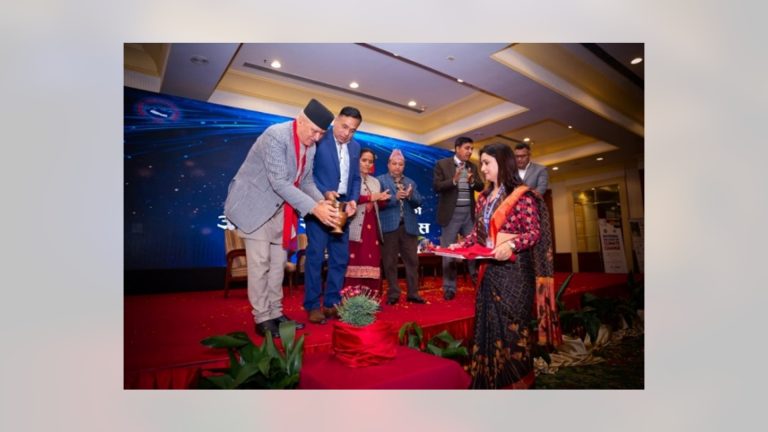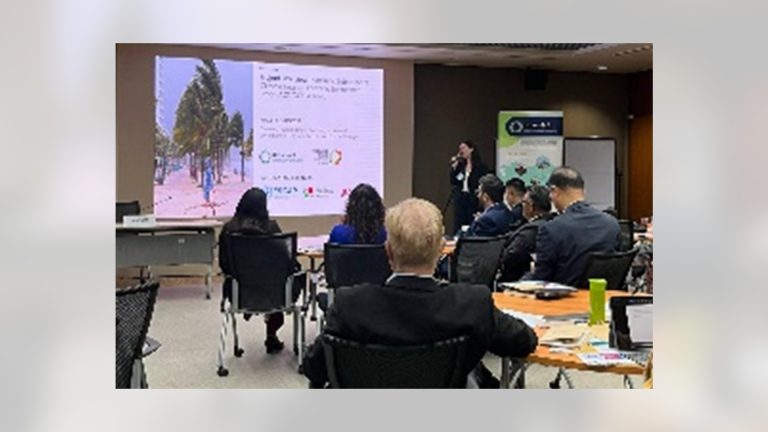16 November & 17 December 2020 | UCLG ASPAC, under the framework of the International Urban Cooperation (IUC) Asia programme, wrapped up its technical assistance and support to twelve pilot cities in Malaysia, and Viet Nam for the development of their Climate Action Plans (CAPs) that are in line with Global Covenant of Mayors’ Common Reporting Framework (GCoM CRF) through the Final Webinar for pilot cities in Malaysia and Viet Nam, on 16 November and 17 December consecutively.
Both Final Webinars showcased the pilot cities’ CAPs developed throughout the IUC Asia programme – namely Penampang, Muar, Tawau, and Hang Tuah Jaya (Malaysia), as well as Can Tho, Da Nang, and Tam Ky (Viet Nam). The webinars included reflections and discussions about the challenges and lesson-learned (especially for future cooperation under the European Union (EU)), as well as review of the progress from IUC Asia’s last mid-term monitoring. The CAPs will become references for replication in other GCoM cities, continuing into the subsequent International Urban and Regional Cooperation (IURC) programme.
The webinars were opened by the EU representative in each country – the Ambassador-Designate of the European Union Delegation to Malaysia, H.E. Michalis Rokas, and Policy Officer of the EU Delegation to Viet Nam, Rui Ludovino. The accomplishments made in these cities include the crucial first steps of an astonishing change, as stated by H. E. Michalis Rokas, “By the year 2030, if the actions identified are indeed implemented in the four pilot cities, the projected CO2 emissions reduction would amount to 5,589 MtCO2eq. This potential reduction amount is equivalent to 1.2 million cars being taken off the road for a year, or 92.4 million tree seedlings grown for 10 years, or 1,200 wind turbines running for a year.”
Mr. Rui Ludovino also further stressed EU’s commitment to fighting climate change, “We take climate change seriously and want to work closely with Viet Nam to also mitigate, adapt and build resilience to climate changes. In this sense, the work carried out under IUC, and in particular, the efforts the EU makes to extend the GCoM to as many cities and countries as possible are important. It is cities that are at the heart of the fight on climate change and they are the best placed to accelerate the reduction of emissions in many sectors as well as increase preparation to resist and overcome climate change. The EU will make available resources under the GCoM to support cities in their Climate Action Plans from 2021 until 2024.”
Also present were the representatives from each national government – Dr. Alias bin Rameli, the Director of Research and Development Division of PLANMalaysia from Ministry of Housing and Local Government of Malaysia, and Pham Van Tan, Deputy Director of Department of Climate Change at the Ministry of Natural Resources and Environment (MONRE) of Viet Nam. Both demonstrated the commitment of each national government to fulfil a resilient and sustainable development, both in national and local level. PLANMalaysia, for example, is in the process to complete the Planning Guideline for Low Carbon Cities which will guide local authorities and developers in integrating low carbon elements in development plans, layout plans, building designs, urban services, waste management, transportation, utilities, governance and the whole ecosystem of the built environment. While for Viet Nam, it has updated and submitted its Nationally Determined Contribution (NDC) to the United Nations Framework Convention on Climate Change (UNFCCC) on 11 September 2020 as well as integrated the implementation of Paris Agreement and NDC in particular the revised national Law on Environmental Protection.
Key messages and lessons learned from developing CAPs in Malaysia were presented by the technical partners in Malaysia – Prof. Ho Chin Siong, Mr. Chau Loon Wai of Universiti Teknologi Malaysia–Low Carbon Asia Research Centre (UTM-LCARC) and Hanah Paik of Carbon Disclosure Project (CDP). Prof. Ho Chin Siong noted, “PLANMalaysia is looking to have climate actions incorporated into development plans in Malaysia, ensuring vertical integration of climate action. Once incorporated, the climate actions become statutorily binding on all development activities and projects in the cities.” Meanwhile, Maria Adelaida Antonette of UN Habitat delivered messages and lessons learned from developing CAPs in Viet Nam. She stated that with domestic resources, by 2030, Viet Nam will have reduced total GHG emissions by about 9%, equivalent to 83.9 million tons of CO2eq. One of the key findings is that data collection remains to pose challenges in all of pilot cities in the three countries. “More importantly, institutionalising and embedding the management of data collection will help advance the process and sustain the continuation of this crucial step,” Hanah Paik from CDP added.
In the end of the webinars, Paolo Bertoldi from the EU’s Joint Research Centre (JRC) reiterated its commitment to provide feedback to the CAPs and explained the technical support provided to cities across the globe, especially with regard to creating partnerships with local utilities companies to gather accurate data on transportation and energy consumption.
IUC Asia Team Leader Pablo Gándara summarised the IUC cooperation with Malaysia and Viet Nam in both webinars, added final words, thanking the participants and closed the session.
Get more resources from Malaysia’s webinar here; and Viet Nam’s webinar here.











